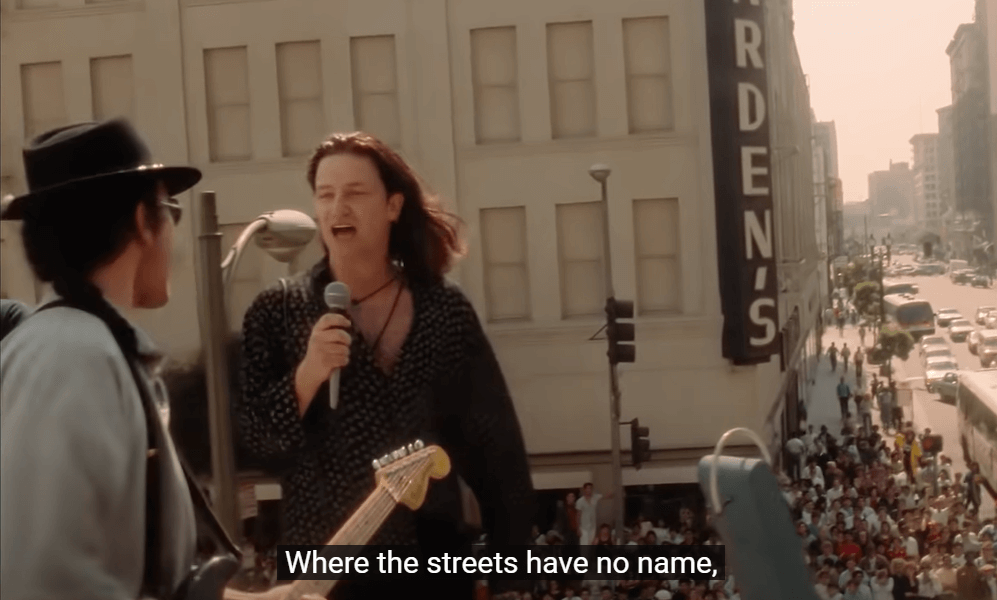

Murray Smith
Imagine the ‘future fame’ being potentially walked past on Cambridge streets when talented buskers are performing.
I once witnessed unbelievably gifted performers and artists busking as I wandered a Dublin street. It was here an unknown Bono, future Irish singer-songwriter, activist, and philanthropist, lead vocalist and primary lyricist of the rock band U2, started out.
Many musicians and singers begin attracting attention and building a following by street busking. But it’s highly unusual for massive worldwide superstars whose concerts earn millions, to go back busking on the streets.
Yet watching a video recently of U2 appearing on The Jimmy Fallon Show, I saw that’s exactly what this famous band did. Disguising himself, Jimmy got the band to also dress up in disguise and busk in the 42nd Street Subway station in Manhattan, New York. Introducing the show, Jimmy Fallon explains that U2 is going down to the platform to play and that no one knows what’s about to happen. He puts on sunglasses containing a hidden camera, to capture the performance and crowd reactions.
Commuters showed little interest in the ‘random’ band setting up while Jimmy announced them as New Yorkers in need of donations who perform at parties, weddings or bar mitzvahs. They began to play their hit, “I Still Haven’t Found What I’m Looking For”.
Initially, passers-by cast indifferent glances their way but after a minute, the distinctive, powerful tone in Bono’s voice caused them to seriously ‘double take’. A curious throng gathered, then Fallon took off his disguise and introduced the band. The swelling crowd cheered and clapped, enjoying the incredible experience. Who’d expect to see a superstar band like U2 on a subway platform?
Paul David Hewson, aka Bono, is remarkable for many reasons. His song lyrics including, “I Still Haven’t Found What I’m Looking For”, reveal deep longings and pursuit of an authentic, personal relationship with God. Bono has said, “Our songs are prayers of a kind.”
As teenagers in the 1970s when Ireland was experiencing a turbulent period known as ‘The Troubles,’ Bono and his band members saw hard times. He described a day, “one of the bloodiest moments in a history that divided an island,” when three car bombs killed 33 people on a Dublin Street – Bono rode his bike to school that day, normally he would have been right there on that street, as tragedy struck. That same year, Bono’s mother died suddenly from a brain aneurysm. He was 14.
I heard a well-known church leader who had taped an interview with Bono express doubts approaching the interview, about Bono really being a ‘true believer.’ Having completed the interview, that leader said the experience left him wondering if he himself, ‘was a believer’.
Being analysed, misunderstood and judged, Bono’s had it all. Perhaps time’s passage brings vindication. Bono, guitarist The Edge and drummer Larry Mullen Jr. were part of a Christian fellowship called Shalom. On the brink of worldwide success, they considered throwing away musical performing, wanting to serve God by “doing something useful in life.”
Seems ‘being useful’ means finding, then staying true to God’s calling.








